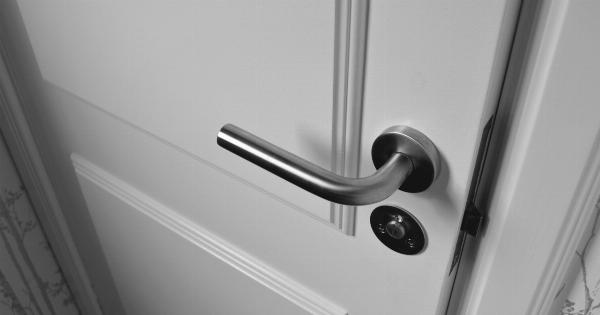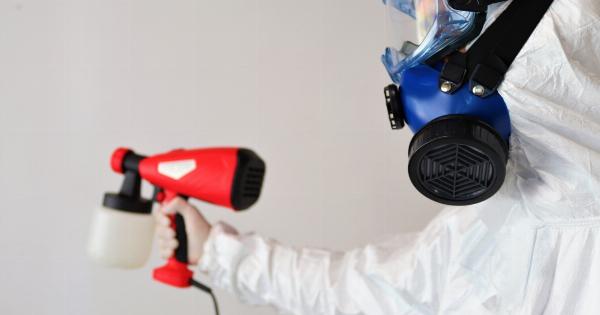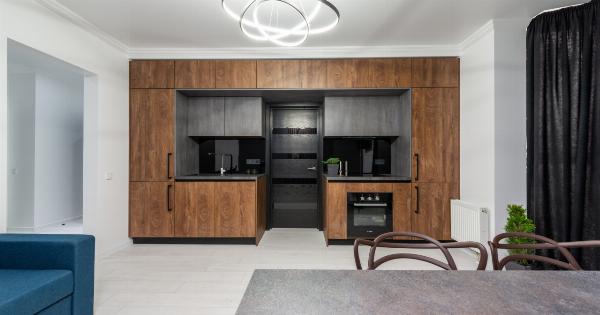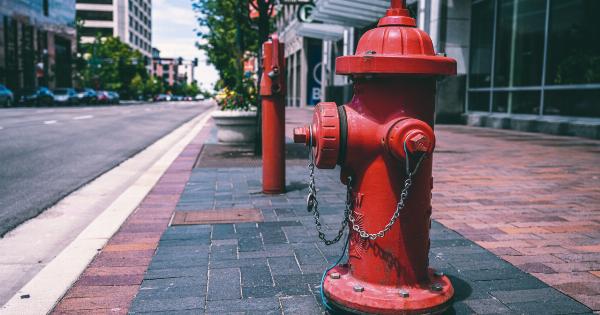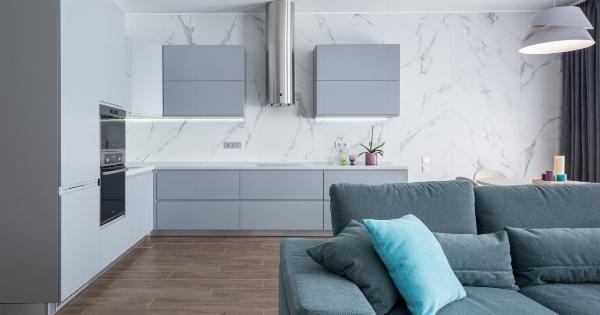When it comes to the safety of your home, it is always better to be proactive rather than reactive. Your home is a sanctuary for you and your loved ones, and ensuring its security should be a top priority.
This article will delve into various aspects of home safety and provide you with practical tips and advice on how to make your home a secure place. From installing effective locks to setting up a robust alarm system, there are several measures you can take to minimize the risk of intrusions and accidents. So let’s explore the safety of your home in the foreground!.
Evaluating Your Neighborhood
Before diving into home security measures, it’s important to evaluate the safety of your neighborhood. Different areas have varying levels of crime rates, and understanding the local crime scene can help you assess potential risks.
Researching crime statistics and speaking with neighbors can give you valuable insights into the security situation in your community.
Securing Entry Points
The first line of defense for your home is securing all entry points. This includes doors, windows, and even skylights. Reinforcing your doors with deadbolts and installing a door viewer or peephole can significantly enhance your security.
Windows should have sturdy locks or additional security bars. It’s also wise to invest in laminated or tempered glass, which is more difficult to break.
Effective Alarm Systems
An alarm system acts as a deterrent and can alert you and authorities in case of any unauthorized entry.
Whether it’s a loud siren that scares off intruders or a silent alarm that discreetly notifies the police, a well-functioning alarm system is crucial for home security. Consider investing in a monitored alarm system that can provide round-the-clock protection for your home.
Installing Surveillance Cameras
Surveillance cameras offer an additional layer of security by acting as a visual deterrent and recording any suspicious activities around your house.
Modern cameras come with advanced features such as motion detection and night vision, ensuring that your property is monitored even when you’re away. Their presence alone can discourage potential intruders from targeting your home.
Smart Home Security
The rise of smart home technology has revolutionized the way we secure our homes. From remotely controlling locks and cameras to receiving alerts on our smartphones, smart home security systems provide convenience and peace of mind.
With features like automated lighting and simulated occupancy, you can create the illusion of someone being home, even when you’re on vacation.
Proper Lighting
A well-lit home can deter criminals by eliminating hiding spots and making it easier to identify any suspicious activity.
Install motion-sensor lights around the exterior of your property, particularly in areas with blind spots or potential hiding areas. Additionally, consider using timers or smart lighting systems to keep your home illuminated even when you’re away.
Fire Safety Measures
While securing your home from intruders is essential, it’s equally important to address fire safety. Install smoke alarms on every level of your home and test them regularly to ensure they’re functioning properly.
Create a fire evacuation plan for your family and practice it frequently. Keep fire extinguishers in convenient locations, especially in the kitchen, where the risk of fire is higher.
Childproofing Your Home
If you have young children at home, it’s crucial to make your home child-friendly and safe.
Install safety gates at the top and bottom of stairs, secure heavy furniture to the walls to prevent tipping, and use outlet covers to protect little ones from electric shocks. Remove any small objects that could pose a choking hazard and ensure that cleaning supplies and medications are safely stored out of reach.
Burglary Prevention Tips
Preventing burglaries requires a combination of deterrents and precautionary measures. Avoid leaving spare keys outside, as experienced criminals often know common hiding places.
Keep your landscaping well-maintained to remove any potential hiding spots near windows and doors. When you’re away, ask a neighbor or a friend to pick up your mail and ensure that your home appears occupied.
Emergency Preparedness
While we hope it never happens, it’s crucial to be prepared for emergencies such as natural disasters or power outages. Stock up on essential supplies like non-perishable food, water, batteries, and a first aid kit.
Create an emergency contact list and keep it easily accessible. Familiarize yourself with evacuation routes in your area and have a plan in place for reuniting with family members if separated.
Conclusion
Your home should be a place where you feel safe and secure.
By taking the time to evaluate the safety of your neighborhood, securing entry points, installing effective alarm systems and surveillance cameras, and implementing smart home security measures, you can significantly enhance the safety of your home. Additionally, addressing fire safety, childproofing your home, and taking burglary prevention tips into account contribute to a safer living environment.
Remember to stay prepared for emergencies and regularly review and update your home security measures. By keeping home safety in the foreground, you can enjoy peace of mind and protect what matters most.

